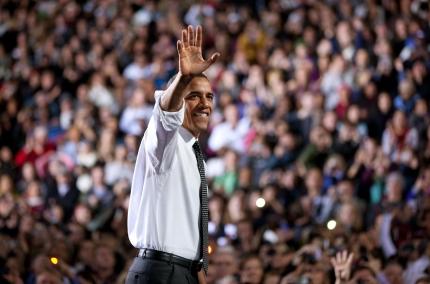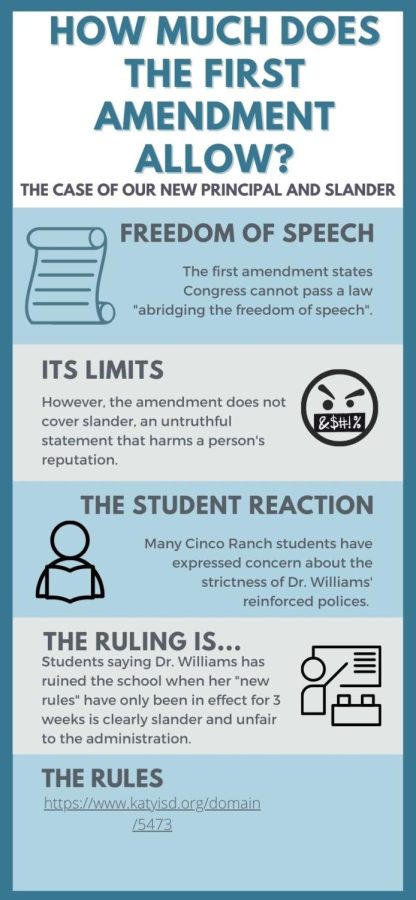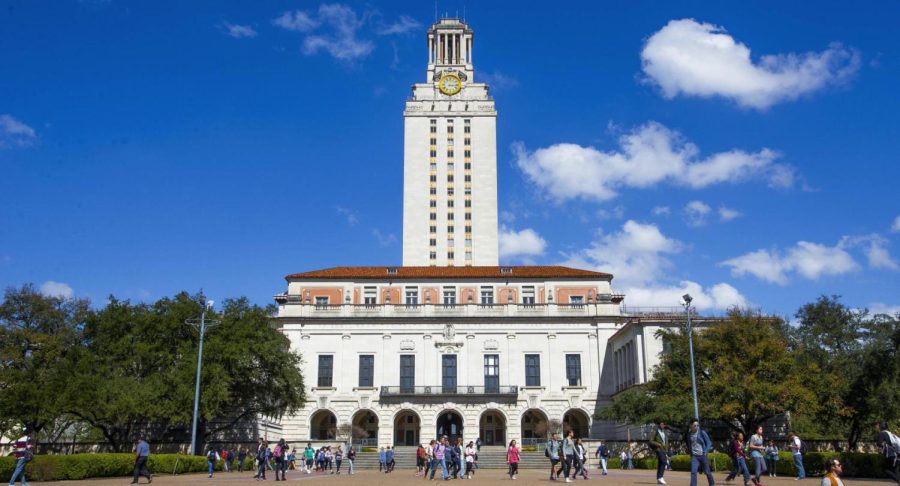In Korea, teachers are revered and referred to as “nation-builders.”
In America, teachers are the target of jokes and often the first to go when those who self-pride themselves as “fiscal conservatives” sound the war cry of budget cuts.
Attempting to bring the same, deliberate economic recovery as President Franklin Delano Roosevelt’s “New Deal” did during the Great Depression when unemployment was a soaring twenty-five percent, President Obama’s “Newer Deal” hopes to hand a parachute to the plummeting economy.
In contrast, President Roosevelt faced almost no opposition in Congress, while the current Congress has set a standard for political deadlock and brutal partisanship that Washington D.C. has ever seen—making the passage of any bill, significantly harder.
Consistently, the President urges for no political games, no delays, and no more 9.1% unemployment.
Obama’s American Jobs Act includes:
- creating thousands of new science and math related internships
- cutting business taxes
- preventing 280,000 teacher layoffs
- modernizing and renovating over 35,000 schools
- strengthening the transportation infrastructure
- providing a “returning heroes” tax credit to employ jobless veterans
- eliminating payroll taxes for business that hire new workers or provide pay raises
- providing unemployment insurance to prevent 5 million Americans from losing their benefits in a time when jobs are hard to find.
On the night of the President’s proposal to put America back to work, House Speaker John Boehner conceded, “The proposals the president outlined tonight merit consideration.” However, the party of “No” has remained true to its name.
Even when voting to debate the bill, Republican Congressmen, twice, refused to cooperate in creating jobs, providing tax cuts, and developing public works.
In the eyes of everyday Americans, the supposedly Grand Ole’ Party’s daily-dose prescription of “No” to President Obama’s plans lost its glow without a “Grand Ole’” alternative.
Now, parts of the American Jobs Act will be proposed in smaller parts to achieve a higher rate of agreement on select issues.
Even independent economists such as the Macroeconomic Advisors and Moody’s Analytics, explain that the bill would be an effective cure for the current economic situation while easily creating over a million jobs.
After leading the massive protest movement last year with No Teacher Left Behind, students can find strong reason and passion to try to prevent further teacher layoffs and renovate deteriorating schools.
With learning environments that may be too hot, too cold, or a combination of unsatisfactory conditions, it becomes difficult for students to follow the curriculum.
This year alone, the Katy ISD Board of Trustees approved certain renovations at Wolfe Elementary School, Katy High School, Taylor High School, Mayde Creek Junior High School, West Memorial High School, Nottingham Country Elementary School, and Cimarron Elementary school.
Furthermore, students should support the American Jobs Act’s formation of thousands of new internships in the science and math fields.
Even in Houston, companies such as Boeing, Intel, Caterpillar, Dell, General Electric, and others have committed to the President’s vision on taking in more interns than ever before, promising a massive increase in opportunities for all students.
These opportunities are ripe for Cinco students; if you enjoy science or math, take the initiative and call any of the listed companies to ask for an internship. Not only will you beef up your resume and college chances, but it also provides an imperative opportunity to move this community forward together.
The American Jobs Act empowers the forgotten middle-class, an important body of citizens missing for a while in Washington.
The last time the middle-class had a major say in the top executive office was during the presidency of Bill Clinton, who spoke directly to the concerns of middle-class Americans.
In comparison, 2008 candidate Obama’s platform was hinged on bringing well needed change to Washington, rather than a central platform of supporting the middle-class. Now in his last State of the Union address, the President reprioritized his central platform by mentioning his support for the “middle-class” about 16 times, directly outlining how to help normal, everyday Americans—the power engine of the American economy.
On the other side of the isle during the Republican presidential debate on August 11, not a single candidate even uttered the words “middle class.”
Walking through the halls and paying attention to complaints of fellow Cinco students reveal complaints for better jobs, higher salaries, and healthier working conditions.
Whether the job be flipping burgers at a local McDonalds or grading papers at Kumon, the need for employment is there.
Furthermore as students, the importance of efficient teachers is critical in the classroom since, typically, the quality of education one receives is directly proportional to the success in one’s future.
With shopping complexes like La Centerra so close to home providing items such as frappacinoes, musical instruments, and jobs, Cinco students have an obligation to call their legislators and help to pass the individual components of the American Jobs Act.
Now special interests and lobbyists of the National Rifle Association have been pressuring legislators to pass a bill for all states to honor concealed weapons permits issued by any other state, while 14 million Americans are unemployed and the unemployment rate is a staggering 9.1%.
The political circus and distractions are all too apparent when putting America back to work is the number one problem.
President Obama and legislators need to work together by passing the individual components of the American Jobs Act and focusing a laser like beam on rebuilding the great American middle-class.


![Tips for Studying Finals [INFOGRAPHIC]](https://crhscountyline.com/wp-content/uploads/2022/12/Studying-for-Finals-900x506.jpg)



